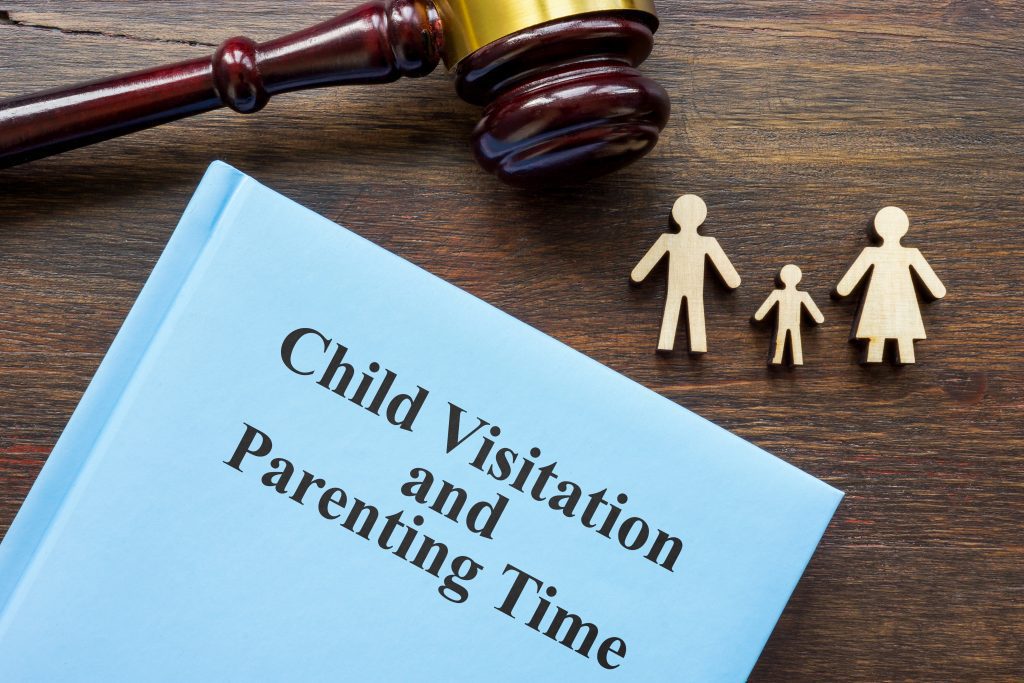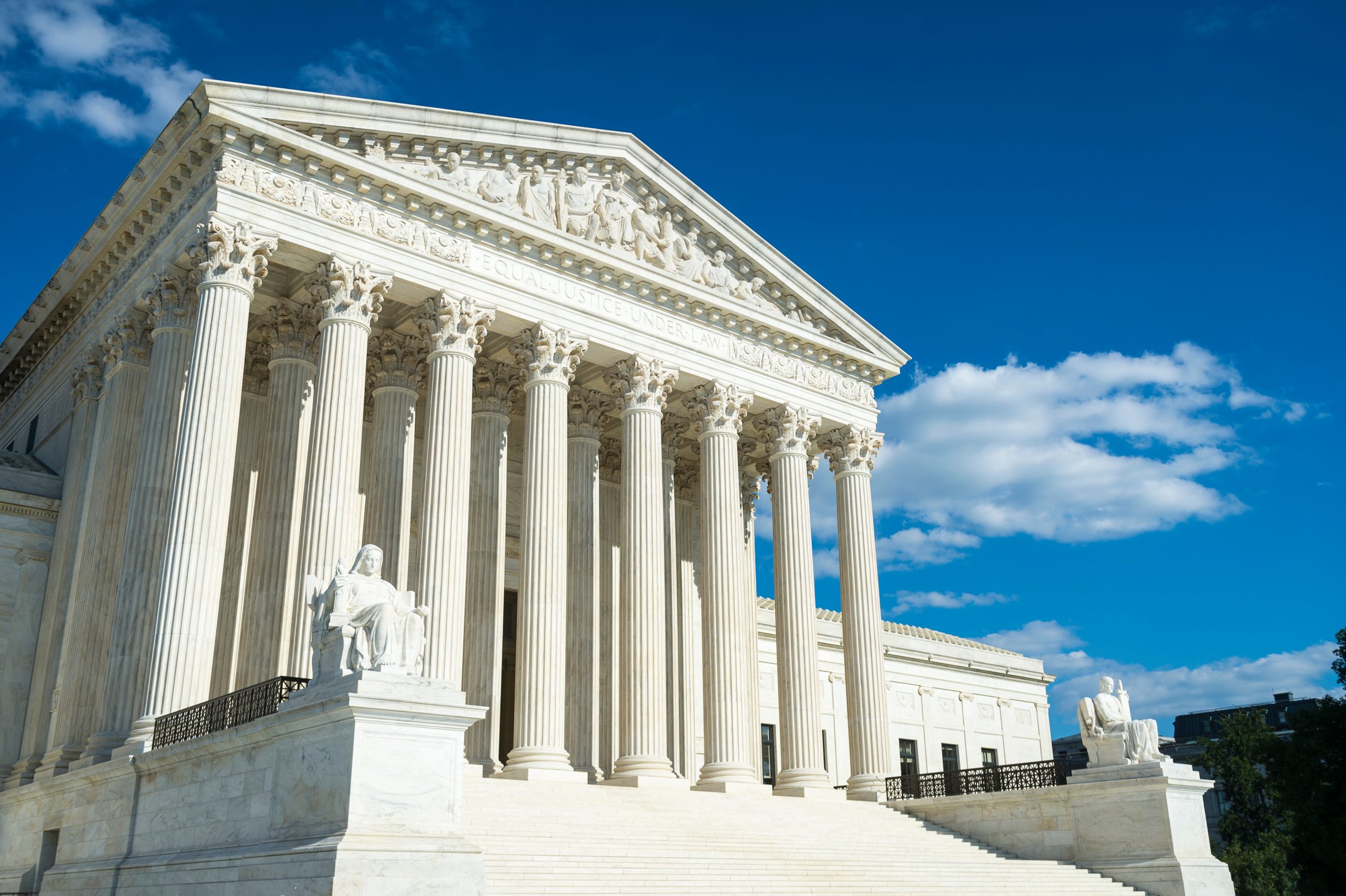
BPA Family Law
Child Custody & Visitation Rights: Clarity, Compassion & the Right Attorney by Your Side.
Few legal matters carry the same emotional weight as child custody. When a family’s structure changes, the top priority is the well-being of the children. But the path to a stable, supportive custody arrangement can be complex, stressful, and deeply personal. That’s why BPA Family Law is here: to help parents across the United States find knowledgeable, compassionate custody attorneys who understand both the legal landscape and the human side of family change.
Every family is different, and so is every state’s law. We make it easier to understand your rights, navigate court procedures, and secure parenting arrangements that reflect your child’s best interests, avoiding unnecessary conflict, confusion, or cost.
Please complete the form below. Our Immigration Experts are available seven days per week
Understanding Custody Types: Physical & Legal
In the U.S., custody is typically broken into two categories:
- Physical Custody: Who the child lives with, and how time is divided between parents. This may be joint (shared time) or sole (the child resides primarily with one parent).
- Legal Custody: The right to make important decisions about a child’s upbringing, such as education, healthcare, religion, and extracurricular activities.
Some parents share both types equally, while others have arrangements tailored to unique circumstances. For example, one parent having sole legal custody but shared physical time. The exact terms depend heavily on state law and the family’s needs.
BPA Family Law’s network of trusted professionals includes attorneys well-versed in each state’s standards. For example, states like California and New Jersey strongly favor joint legal custody unless there’s a clear reason not to. Others, like New York or Illinois, offer greater judicial discretion.

Best Interest of the Child Standard
No matter where you live, custody decisions revolve around one core principle: what serves the best interest of the child. How that’s determined varies from state to state.
Courts often consider:
- Each parent’s relationship with the child
- The stability of each household environment
- Parental fitness, including mental and physical health
- History of abuse, neglect, or substance misuse
- The child’s wishes (depending on age and state)
- The ability of parents to cooperate and communicate
States like Georgia and Arizona, for example, allow older children to have input in where they live. In others, like Texas or Florida, parenting plans must be highly detailed and filed with the court to be enforceable.
A good attorney will help you gather the right documentation, prepare for hearings or mediation, and make informed decisions without adding tension to an already sensitive situation.
Parenting Time & Visitation Arrangements
Even when one parent has primary physical custody, the other is often entitled to parenting time or visitation, unless there’s a safety concern. Agreements can be:
- Fixed: With a specific, recurring schedule (e.g. alternating weekends, certain holidays)
- Reasonable: More flexible, allowing parents to coordinate as needed
- Supervised: Required when a parent’s conduct or history raises safety issues
Supervised visitation, often ordered when there are past allegations of domestic violence, substance use, or criminal activity, is handled through court-approved third parties or designated family members.
Some states, such as Michigan and North Carolina, have strong frameworks encouraging co-parenting and will penalize a parent who refuses to facilitate the child’s relationship with the other parent.
We ensure you’re matched with someone who understands how local courts interpret and enforce these arrangements, and who will advocate for your parenting role every step of the way.


Modifying Custody or Visitation Orders
Circumstances change, meaning custody agreements often need to be revisited. Whether it’s due to a job relocation, a shift in parenting ability, or concerns over a child’s safety or well-being, you may be able to petition the court for a modification.
Common reasons for modification include:
- Parental relocation (subject to state-specific notice and consent rules)
- Remarriage or significant household changes
- Behavioral, academic, or health concerns with the child
- Violation of existing custody terms
- Changes in a parent’s availability or capability
Most states require a “material change in circumstances” before reopening a case. Your attorney can help determine whether your situation meets the threshold and guide you through a motion to modify, mediation, or new court proceedings.
When the Stakes Are Higher: Abuse, Neglect & Parental Alienation
Custody cases can sometimes involve more serious concerns. When a child’s safety is at risk—or when one parent is using the legal system to alienate the child from the other—swift, strategic legal support is essential.
We regularly assist clients involved in:
- Custody cases with concurrent CPS (Child Protective Services) investigations
- Emergency custody orders following abuse or neglect allegations
- Requests for supervised visitation or no contact
- Enforcing custody after parental interference or kidnapping
- Navigating claims of parental alienation or manipulation
Attorneys in the BPA Family Law network are equipped to handle these delicate cases with compassion and urgency, working in tandem with social services, therapists, and the courts to protect your child and your parental rights.


Finding the Right Custody Attorney Starts Here
Family law can feel cold and clinical, but your experience doesn’t have to. BPA Family Law brings humanity, warmth, and clarity to the custody process. After a simple consultation, we connect you with a state-licensed attorney who knows your region’s laws and takes the time to understand your story. Custody decisions don’t just affect where your child sleeps; they shape how they grow. Let’s help you build a parenting plan that reflects what truly matters: love, stability, and their best chance at a healthy future.
*Subject to terms & conditions
